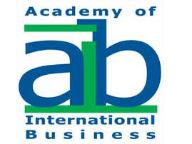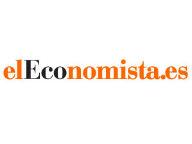Faculty News
—
In an op-ed, Research Scholar Robert Frank explains why the Democratic party should invest in its races for the House of Representatives
—

Excerpt from The New York Times -- "Some argue that money in politics doesn’t matter. That’s true in the sense that when both sides spend equally, their efforts tend to be mutually offsetting. But that’s why the current opportunity is unique. Democratic donors, who have already been giving generously, have both the means and the inclination to pay for an advertising blitz that Republicans probably cannot match this time around."
Faculty News
—

Excerpt from The New York Times -- "Some argue that money in politics doesn’t matter. That’s true in the sense that when both sides spend equally, their efforts tend to be mutually offsetting. But that’s why the current opportunity is unique. Democratic donors, who have already been giving generously, have both the means and the inclination to pay for an advertising blitz that Republicans probably cannot match this time around."























